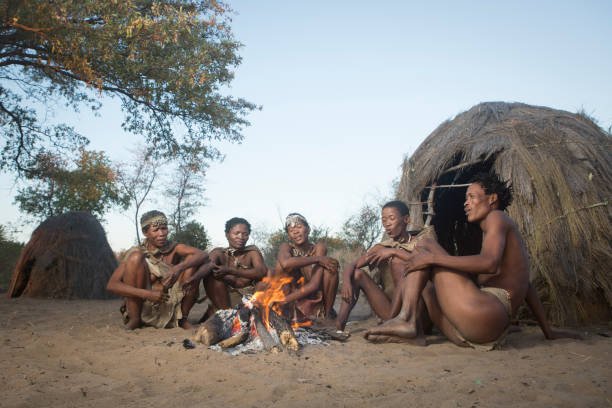Why were traditional African folk stories passed on from generation to generation?
Skip to content
Skip to footer
Why were traditional African folk stories passed on from generation to generation?
Why were traditional African folk stories passed on from generation to generation?

